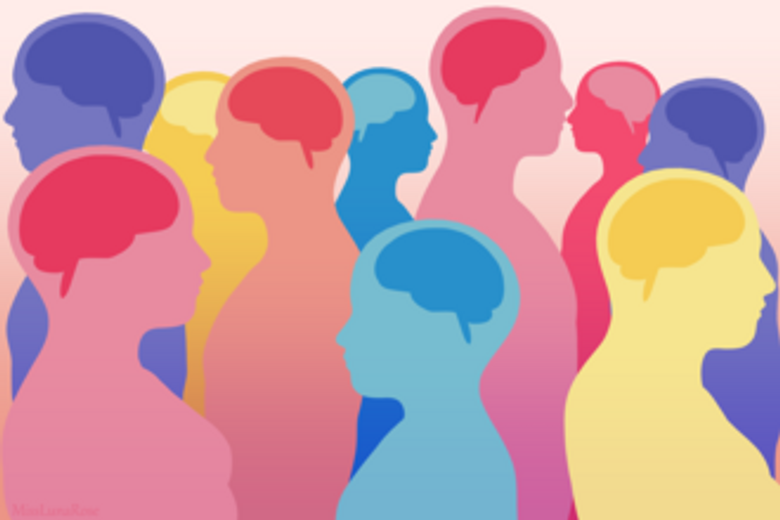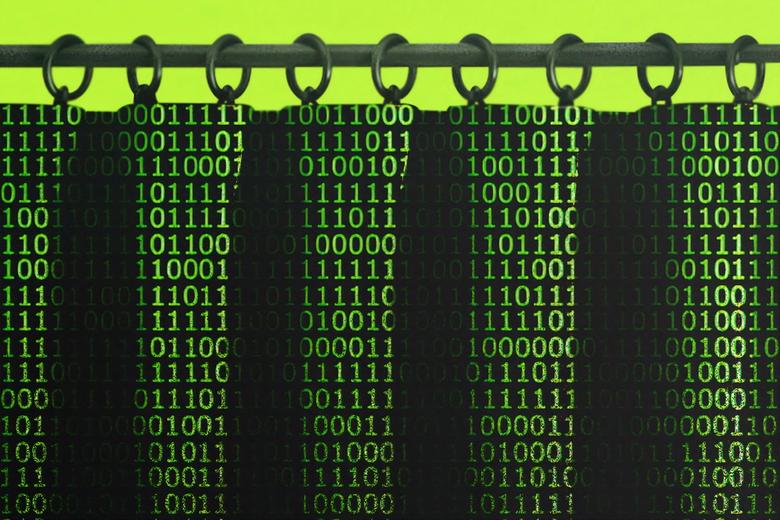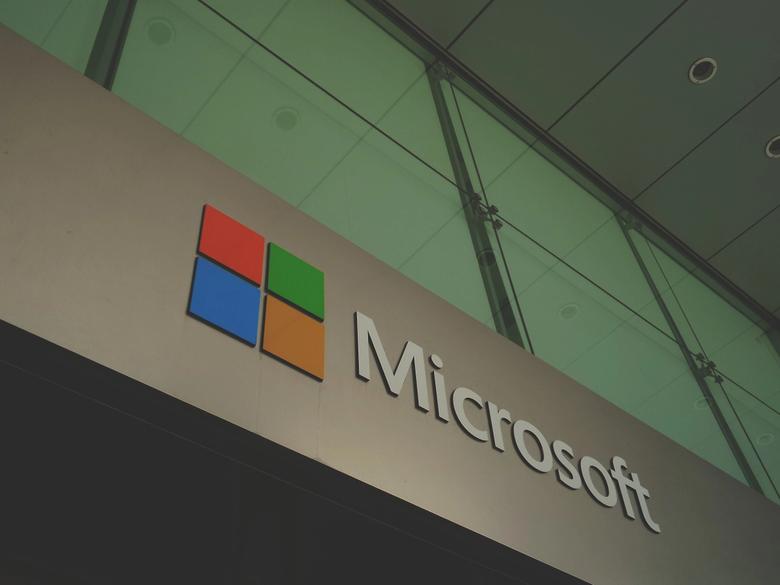The Autism Spectrum and The Tech Industry
Neurodiverse employees are an important asset to the tech industry.
Autism spectrum disorder impacts millions of Americans. Approximately one out of 54 children is identified as having autism, according to the Centers for Disease Control and Prevention (CDC).
Many people with autism are unemployed or underemployed: up to 85%, according to Autism Speaks.
But people with autism can be assets to companies. Neurodiverse employees may look at problems differently, which can help companies develop innovative plans and products.
Several companies in the technology industry work to train and recruit people with autism. We’re taking a closer look at how the tech industry is working to improve neurodiversity.
What is autism?

Image Credit: autismspeaks.org/what-autism
Autism is a developmental disability that can lead to people having challenges with social skills and communication. Autism exists on a spectrum, meaning the severity differs from person to person.
Oftentimes, people with autism prefer strict daily routines. Depending on where a person falls on the spectrum, people with autism may be nonverbal or have different speech patterns.
Here’s what a Lyft employee said on TeamBlind about being on the spectrum:
“I have diagnosed ASD [autism spectrum disorder]. Managed to make it work since my teens through sheer effort, luck and by compensating heavily with intellect/memorizing ‘rules’ where others have built-in social intuition. However it feels like it’s really coming in the way as my job becomes more and more about people.”
People with autism may also have heightened sensory perception, making certain sounds, sights or other sensory experiences in the workplace overwhelming or unnerving.
But having a neurodiverse team of employees can be a big asset to employers, including those in the technology industry.
Benefits of neurodiversity

Image Credit: en.wikipedia.org/wiki/Neurodiversity
People on the autism spectrum may approach problems differently than people not on the spectrum. This different perspective can be beneficial for technology companies that are constantly trying to promote innovation.
Here’s what Jun Wu wrote for Forbes:
“In the last decade, large companies, particularly technology companies realized that they had neurodiverse talent on their staff. Many of these employees contribute their special skills in pattern recognition, memory, or mathematics on teams working to solve highly complex problems.”
It is important for companies to consider how prospective employees approach challenges. If everyone has similar problem-solving techniques, a company may find it more difficult to develop products and programs that cater to an increasingly diverse American public.
That’s one reason why companies are taking steps to prioritize diversity and inclusion, which includes neurodiversity. Diversity and inclusion are not only beneficial for company culture; they can also lead to developing more innovative solutions.
The Wall Street Journal’s John Murawski found that several company officials said people with autism are often analytical, focused and talented with technology:
“Many are capable of working long hours on repetitive AI [artificial intelligence] tasks, such as labeling photos and videos for computer-vision systems, without losing interest. Others have a high capacity for logical reasoning and pattern recognition, enabling them to systematically develop and test AI models.”
Challenges of getting into the tech industry

It can be difficult for people with autism to break into the technology sector. Job interviews can be especially nerve-racking for people on the spectrum because candidates are often expected to answer questions off-the-cuff, and employers may inquire about a topic the prospective employee did not expect.
Here’s what someone wrote on a Teamblind thread about autism in the tech industry:
“Eye contact is a nightmare for me, I never get past on-sites and I'm extremely lucky if I get past a phone screen”
The interview isn’t the only part of the candidate selection process that may be challenging for people with autism. A Google candidate posed this concern on Teamblind:
“gonna be straightforward— I have high functioning autism (aspergers) and its really hard for me to make friends, talk to coworkers etc. I dont have any relationship with the people that I used to work with, and tbh I struggled with teamwork, etc. Last week I got an offer letter from Google… and the only thing that I [foresee] will hold me back would be the reference check because of my bad teamwork, etc. Im very analytical and I think im pretty good at my job. The recruiter asked me for 3, and I could only provide them with two weak ones.”
To combat these difficulties, tech companies are developing outreach programs aiming to recruit people on the autism spectrum.
Tech recruiting neurodiverse employees

Neurodiversity in the tech industry can create a more inclusive work environment and increase the ways companies approach challenges. This can set companies apart in competitive Silicon Valley.
Many companies recognize the benefits of having a neurodiverse workforce and are taking steps to expand the neurodiversity of job candidates.
Microsoft
Microsoft created a hiring program aimed at recruiting candidates with autism. Microsoft’s website says they regularly host “Autism Hiring” events.
The events aren’t open to everyone. Interested participants with autism must apply for an open position and receive an invitation to attend the program.
Why does Microsoft have this program? Their website says,
“We built the Microsoft Autism Hiring Program on the belief that traditional recruiting does not allow people with autism to demonstrate their strengths and qualifications. At Microsoft, applicants with autism engage in an extended interview process that focuses on workability, team projects, and skill assessment. Our process gives candidates the opportunity to showcase their unique talents while learning about Microsoft as an employer of choice."
Salesforce
Multiple tech companies partner with Specialisterne, a non-profit, for its Autism @ Work initiative, which promotes neurodiversity. The Autism @ Work initiative helps companies examine recruitment and training strategies, according to Specialisterne’s website.
Salesforce collaborated with Specialisterne to develop Autism @ Work at Salesforce in 2019.
Salesforce’s website describes the program:
“The four-week assessment program proved a unique opportunity for candidates to get accustomed to a new environment over time and to determine if they felt comfortable with the work environment they might be asked to join. Each week was designed to not only teach each candidate the specific skills to thrive in various work situations, but to assess the long-term success for each candidate. Following the assessment and graduation, Salesforce offered positions to six candidates, all of whom accepted.”
SAP
SAP has also taken part in Autism at Work Summits, along with other technology, business and education organizations. SAP is a software and analytics company.
In 2019, about 60 people on the spectrum participated in the in-person Autism at Work Summit, according to a SAP news release. In addition to an in-person summit, there was also a virtual summit to accommodate people who could not attend "due to financial, sensory, or physical limitations."
SAP’s website described the program:
“Sessions covered topics like “Employment Across Industries and Abilities,” a popular topic this year with speakers exploring opportunities for people on the autism spectrum for three job tracks: entrepreneurial, professional, and non-professional settings. Business leaders from each track spoke about their journeys and perspectives.”
Dell
Dell developed its Autism Hiring Program in collaboration with the organization Neurodiversity in the Workplace. The program aims to onboard candidates with autism through an altered recruitment process.
The program identifies and invites eligible candidates for a 2-week skills assessment program. Here’s the overview, according to Dell’s website:
- “Week One: Enterprise Workplace, Theory of Design Thinking, Project Prototype
- Week Two: Final Project Introduction, Hiring Manager Interactions, Final Presentation.”
Will Covid-19 change things?
Although companies have been developing recruitment and hiring programs aimed to improve neurodiversity in the technology sector, the jury's still out as to how Covid-19 will impact these programs.
Prospective employees should continue to check tech company websites and social media pages for recruitment updates and reach out to recruiters with questions.
The information provided herein is for general informational purposes only and is not intended to provide tax, legal, or investment advice and should not be construed as an offer to sell, a solicitation of an offer to buy, or a recommendation of any security by Candor, its employees and affiliates, or any third-party. Any expressions of opinion or assumptions are for illustrative purposes only and are subject to change without notice. Past performance is not a guarantee of future results and the opinions presented herein should not be viewed as an indicator of future performance. Investing in securities involves risk. Loss of principal is possible.
Third-party data has been obtained from sources we believe to be reliable; however, its accuracy, completeness, or reliability cannot be guaranteed. Candor does not receive compensation to promote or discuss any particular Company; however, Candor, its employees and affiliates, and/or its clients may hold positions in securities of the Companies discussed.
